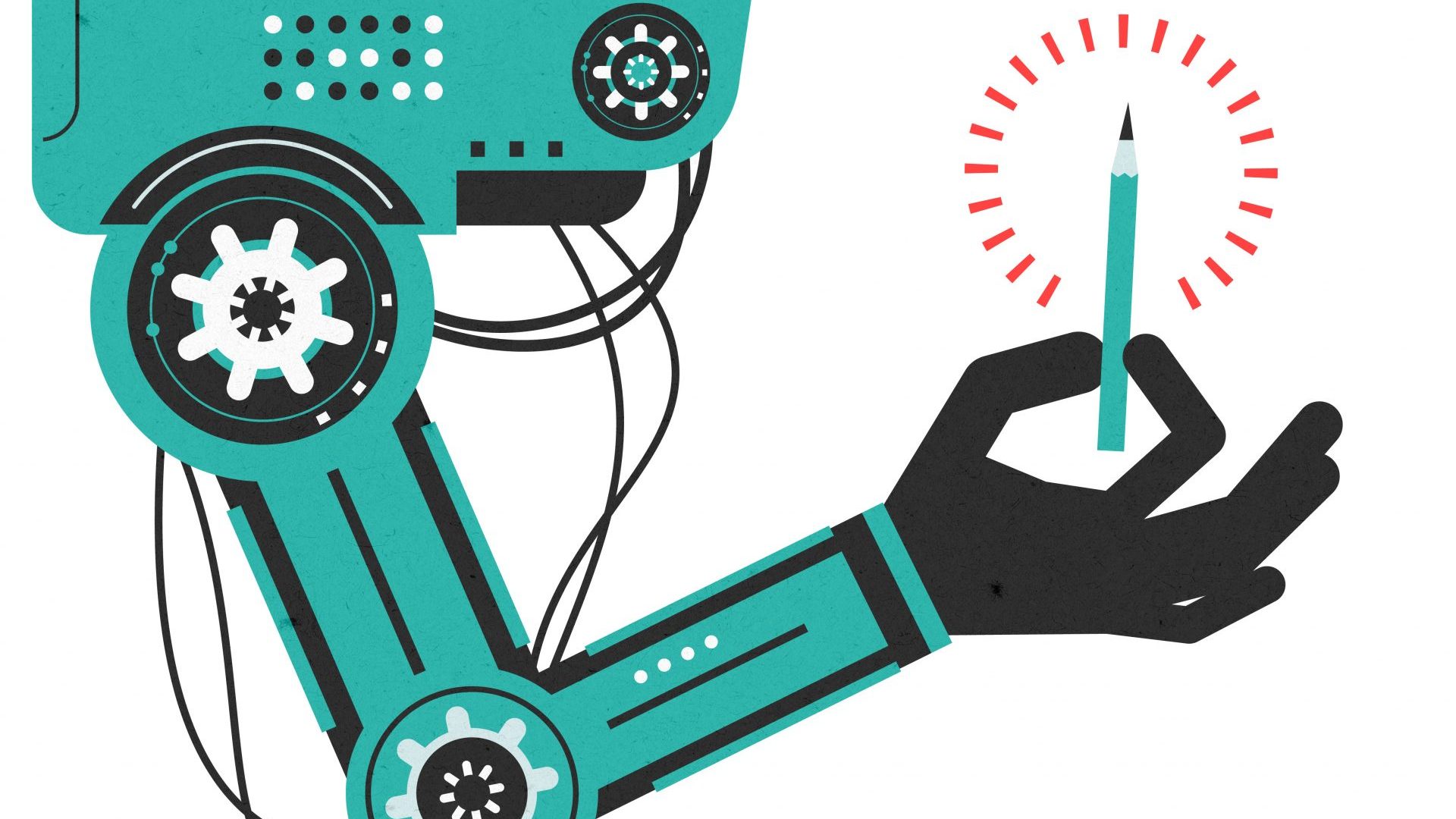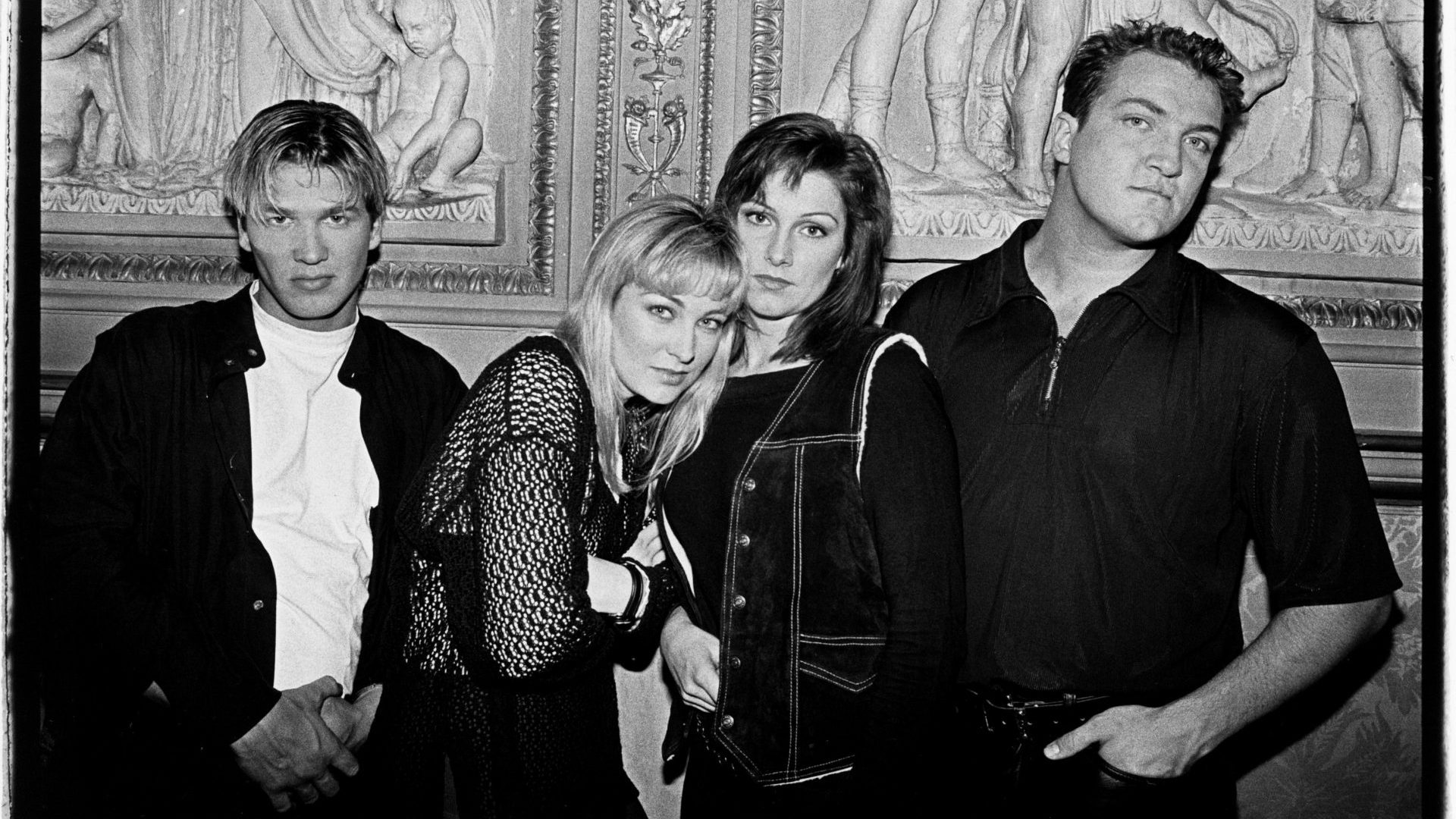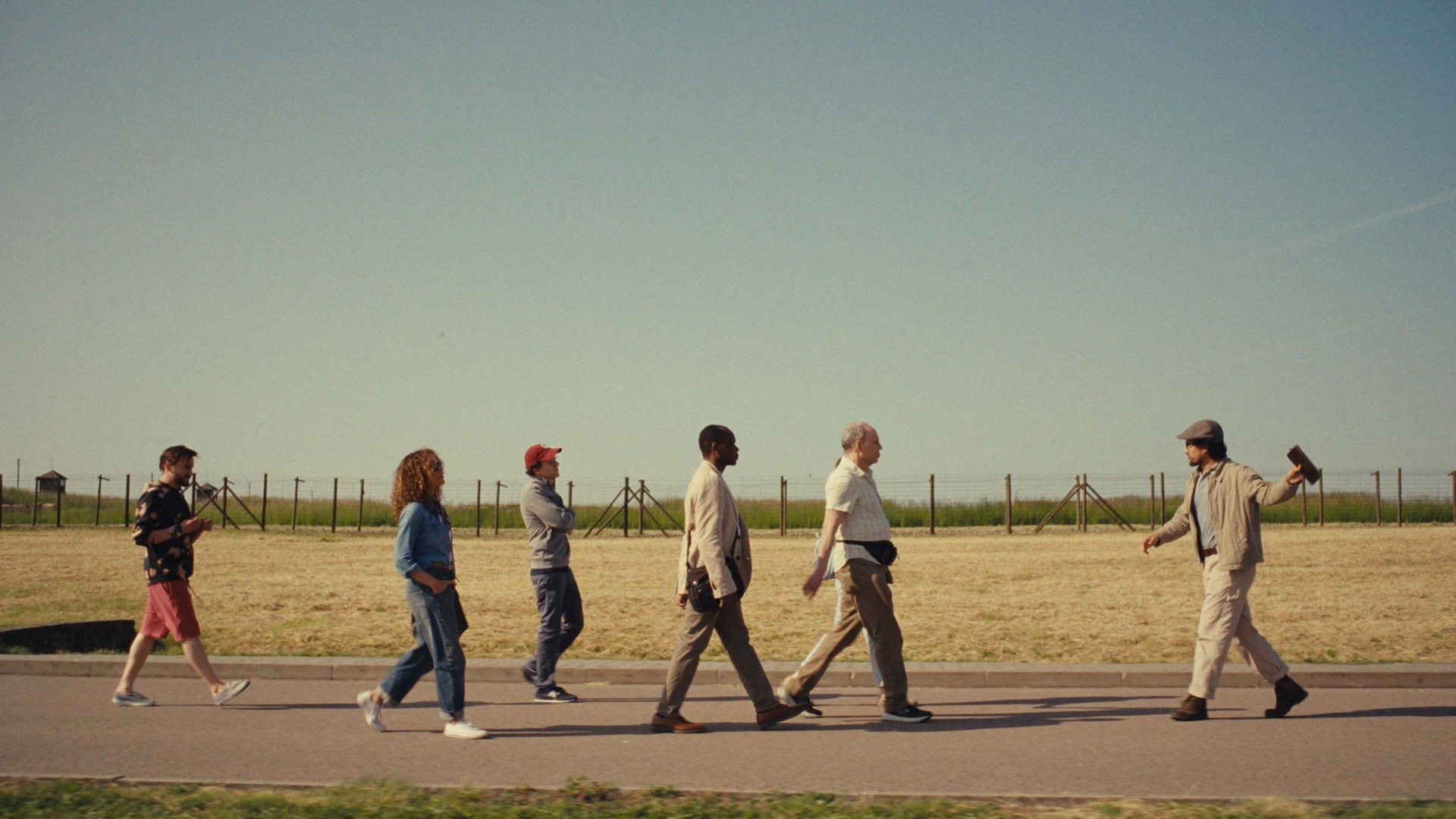Of all the literary anniversaries that fell during 2024, one passed under the radar. It was understandable, the 40th anniversary of an obscure, long-forgotten book that barely troubled the sales charts, but one that could in hindsight turn out to be the foundation of a new literary age.
A little over 40 years ago, in the autumn of 1984, Warner Books published the curiously titled The Policeman’s Beard is Half-Constructed by an author credited on the cover as Racter. With an introduction by writer and engineer William Chamberlain, this was a slim, illustrated volume of 120 pages containing 50 poems and one short story.
“At all events,” Racter begins, “my own essays and dissertations about love and its endless pain and perpetual pleasure will be known and understood by all of you who read this and talk or sing or chant about it to your worried friends or nervous enemies.”
As an opening, it’s a little overwritten, a bit up itself and not as clever as it thinks it is – which, it turns out, rather sets the tone for the rest of the book. Perhaps the politest thing to be said about Racter’s work is that it’s… quirky. If I were to be less charitable, well, it’s absolute cobblers from start to finish.
“A black pig is like a tormented bat,” reads another poem. “Both the pig and the bat feel pain and anguish but they cannot know, they cannot understand the true meaning or point of it.”
The best you can say about “There was a furry red drip, whose piano darkly would flip”, meanwhile, is that it rhymes. As one reviewer commented at the time, the verse in The Policeman’s Beard is Half-Constructed “would remind you of those freeform poems written by college freshmen who had just tried marijuana for the first time”.
One thing is for certain: Racter was not stoned. Nor were these weird exercises in vacuity the work of a struggling writer in a freezing garret pouring their soul on to whatever scrap of paper they had to hand waiting for the world to finally recognise their genius. Racter was not really a writer. In fact, Racter was not a human being at all.
The book was produced by a piece of computer software designed by Chamberlain and his colleague Thomas Etter to produce grammatically correct and syntactically accurate randomly generated English sentences. They named it Racter, short for “raconteur”.
The Policeman’s Beard is Half-Constructed was not the first book to be created by a computer. In 1959, the Pratt & Whitney engineering company had their machine produce a 500-page volume of statistical data called Angular Indexing Tables, a process that took five days but according to contemporary news reports would have taken “two crackerjack mathematicians two years”.
Similar computer-generated volumes followed but they were also purely numerical. The Policeman’s Beard is Half-Constructed was the first work purporting to be literature produced by artificial intelligence.
Racter’s book passed most people by. It garnered a smattering of press coverage in 1984, mostly in the form of baffled reviews, sold a handful of copies then shimmered gently into obscurity.
Yet perhaps we should re-assess The Policeman’s Beard is Half-Constructed as more than a whimsical exercise in technological navel-gazing. The way some people are talking, it could prove to be the foundation work of our literary future.
For the last century or so, the death of the novel has been announced with wearying regularity, apparently seen off by various matters cultural and technological. Despite this, the novel is still very much with us and in pretty rude health if the shelves in the nation’s bookshops are anything to go by.
Artificial intelligence is the latest entity to step into the ring with the venerable literary slugger in its sights and I think I know who my money’s on.
Like many authors, I’ve thought a great deal lately about what the rise of artificial intelligence might mean for the future of our profession. I am sanguine about the shadow of AI looming over the book world, mainly because human creativity and individualism will never, ever be eclipsed or equalled by a piece of technology.
The worst novel you have ever read will still be better than anything produced by artificial intelligence because AI will never get to grips with what it means to be human, the various flaws, joys, idiosyncrasies, heartbreaks, hopes, fallibilities, random moments of genius and illogical sparks of creativity that make us who we are.
Even with the recent alleged advances in the technology, claiming that AI signals the death of the author is a little like noting Deal Town’s promising first season in the South-Eastern Division of the Isthmian League this season and concluding this means curtains for Liverpool.
From what I’ve seen so far of AI in everyday use – at the top of Google search results, for example – the word “intelligence” is being stretched beyond credulity. Many of the responses give the impression that this is not so much a shiny new tech future as awarding oracle status to the bloke in the pub who doesn’t know much about anything but is going to talk rubbish at you loudly and with unshakable self-assurance anyway. In this context, AI is a search engine within a search engine that’s not as good as a search engine.
Earlier this month, the BBC had to complain to Apple after the latter’s AI-generated news notifications distributed headlines attributed to the corporation claiming Luigi Mangione had killed himself and that Luke Littler had won the PDC World Darts Championship several hours before the final had even started. Which doesn’t sound very intelligent to me.
AI will improve, of course. The question most vexing authors and other creative people is just how that will happen.
Last week the government unveiled its action plan for an AI future, a wide-ranging 50-point document covering everything from classroom teaching aids to the establishment of private sector AI “growth zones” up and down the country. There is little doubt that AI will be beneficial in some circumstances once the technology has evolved beyond throwing out any old rubbish.
Even when that happens, however, there will still be no place for AI in the pages of our books. For one thing, AI-produced books will never be any good. For another, the technology seeking to replicate literary writing in order to save humans the bother is already stealing the work of human writers to develop its “craft”.
The government’s plans for AI include a mooted exemption from copyright law that would permit AI tech companies to hoover up the work of published authors to train their algorithms. Authors who do not wish their work to be lifted wholesale by the likes of OpenAI, Google and Meta in an exercise designed to put them out of business will, if the proposals go through, have to actively opt out.
Copyright is about the only protection of their work that creative people have. It is a basic right, a safeguard against larceny, it is the law. Despite what AI developers claim, there is no real grey area in copyright, it equates somebody’s work with any owned object or service. Pinch a tin of beans from the supermarket, steal a car, burgle a house, and you’ve committed a crime. Take or use someone else’s creative work without payment or permission, hey presto, you’ve committed the same crime.
This has apparently come as news to the tech companies. Earlier this month OpenAI declared themselves aghast to learn they couldn’t harvest at will the work of anyone who had ever published anything in order to develop their technology without paying for it or acquiring permission to do so.
“Because copyright today covers virtually every sort of human expression – including blogposts, photographs, forum posts, scraps of software code, and government documents – it would be impossible to train today’s leading AI models without using copyrighted materials,” said OpenAI. “Limiting training data to public domain books and drawings created more than a century ago might yield an interesting experiment, but would not provide AI systems that meet the needs of today’s citizens.”
To which the only possible official response should be “tough luck, sucker, you should have thought of that”, but almost certainly won’t.
The Creative Rights in AI Coalition (CRAC), an umbrella group of creative people and organisations, responded to the tech bros’ entitled whingeing and the government’s feeble shillyshallying by reminding those who need reminding that “Rights holders do not support the new exception to copyright proposed. In fact, rights holders consider that the priority should be to ensure that current copyright laws are respected and enforceable.”
In a Lords debate on the issue earlier this month, the former film director Baroness Kidron likened the government’s apparent unwillingness to enforce the law to “asking shopkeepers to opt out of shoplifters”, adding “I struggle to think of another situation where someone protected by law must proactively wrap it around themselves on an individual basis.”
Publishing, which normally reacts to these kinds of developments at a pace that leaves it vulnerable to being struck from behind by a glacier, is attempting gamely to keep up. Penguin Random House, one of the biggest publishing groups in the world, has introduced new wording to the copyright pages of its books to head off the threat of their authors’ work being purloined to train Large Language Models, adding “No part of this book may be used or reproduced in any manner for the purpose of training artificial intelligence technologies or systems”.
How effective that might turn out to be is open to question, but at least someone is standing up to the threat of widespread copyright theft. The UK Society of Authors, the trade union body representing the interests of published writers, has called the current wild west-style AI operations “opaque, unfettered and unregulated, and driven primarily by the profit motives of large corporations”.
The sense of entitlement and narrow thinking that powers big tech is already out of control. According to the SoA, AI companies are already advertising editing and book-reviewing services as well as AI-generated translations, audiobook narrations and AI-produced images for book covers.
Also concerning is the sharp increase in AI-generated books being sold on some of the world’s largest digital platforms. They are, of course, awful, utterly without merit in terms of the writing, editing and design, worthless slop that promises to flood sales outlets to the detriment of works by proper writers and the detriment of readers everywhere.
But then quality is never the goal of big tech, all that matters is the bottom line.
Back in 1984, William Chamberlain said of The Policeman’s Beard is Half-Completed, “This is a prototype and what Racter says is less important than the fact that a computer says it”.
Ominously, he added, “Who knows? Maybe my next project will be to have Racter write an obscene book. That would make bundles.”




